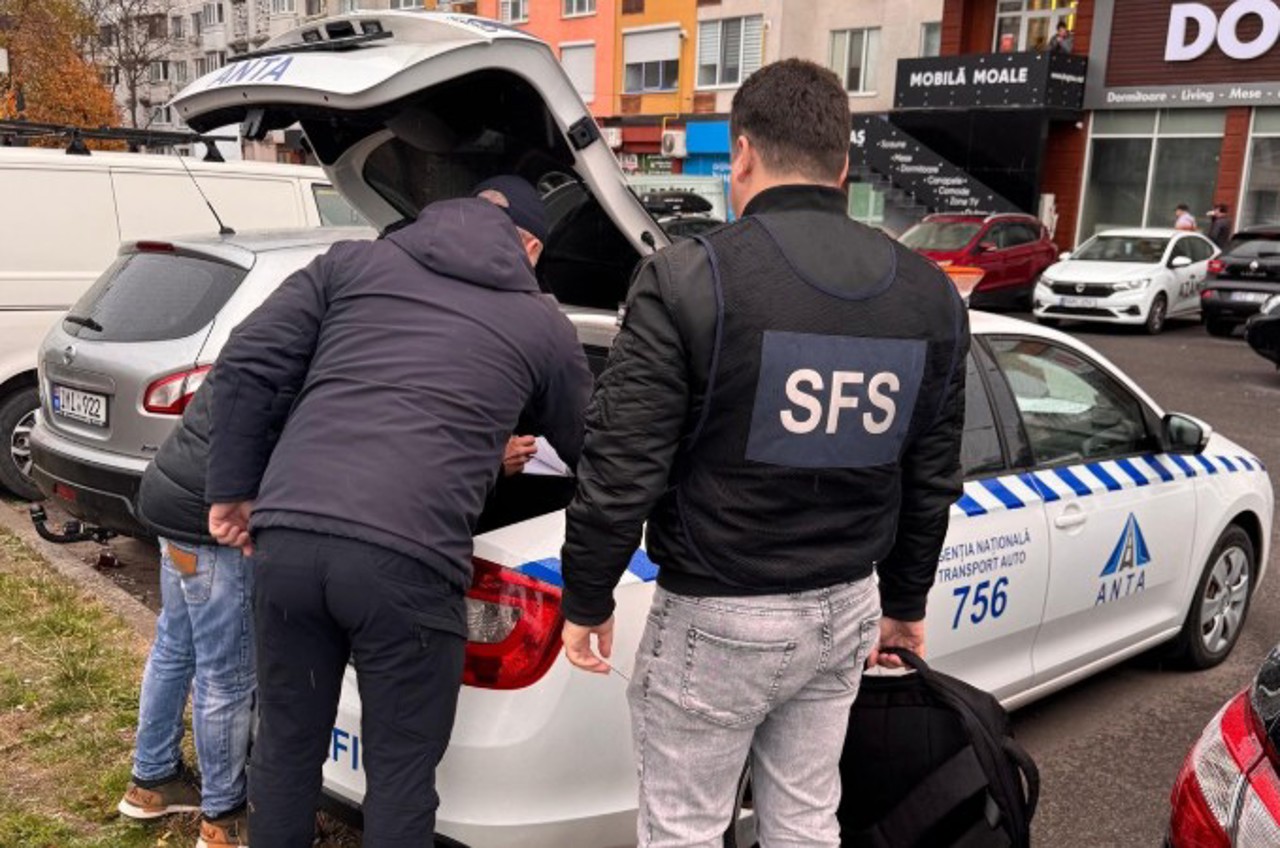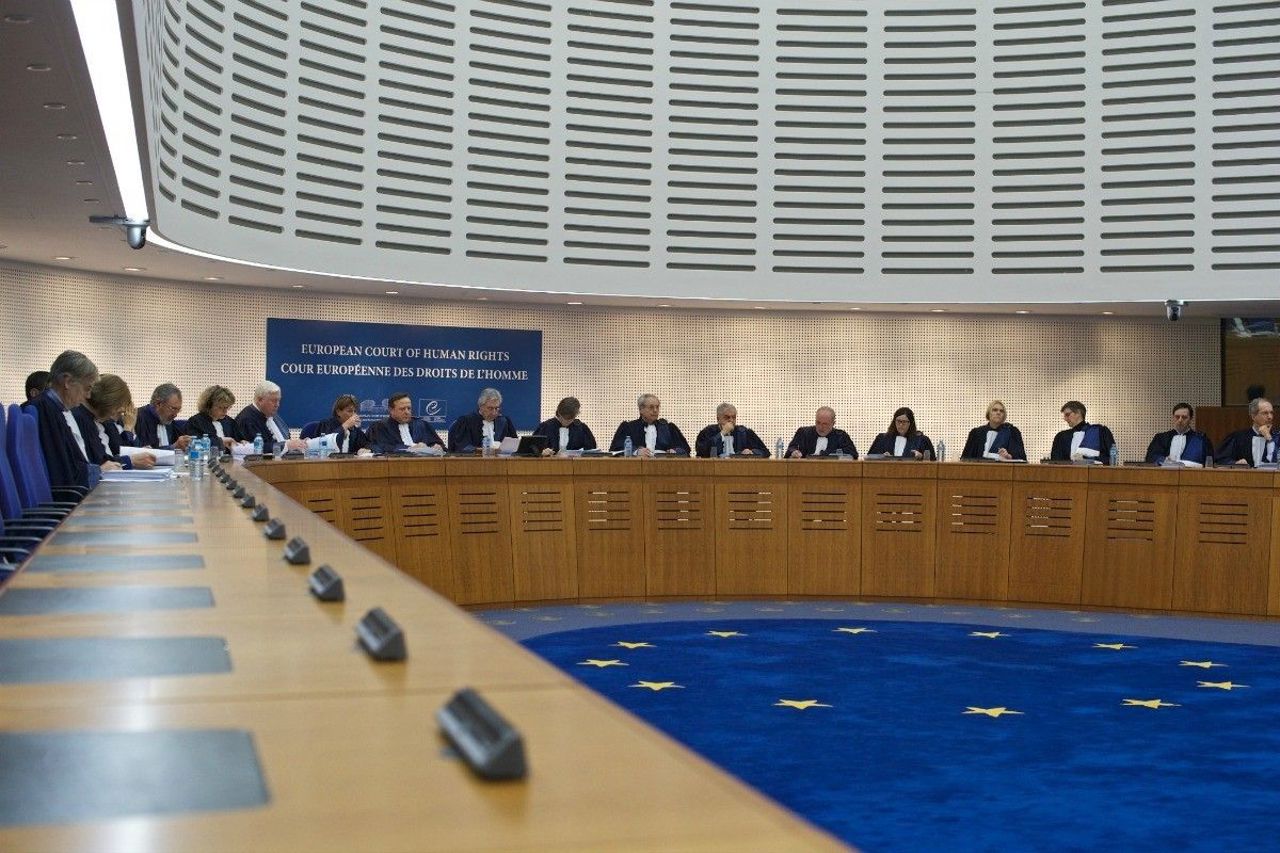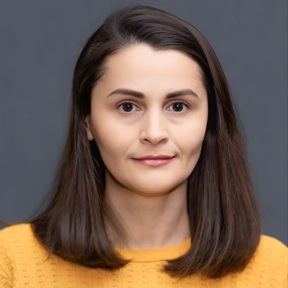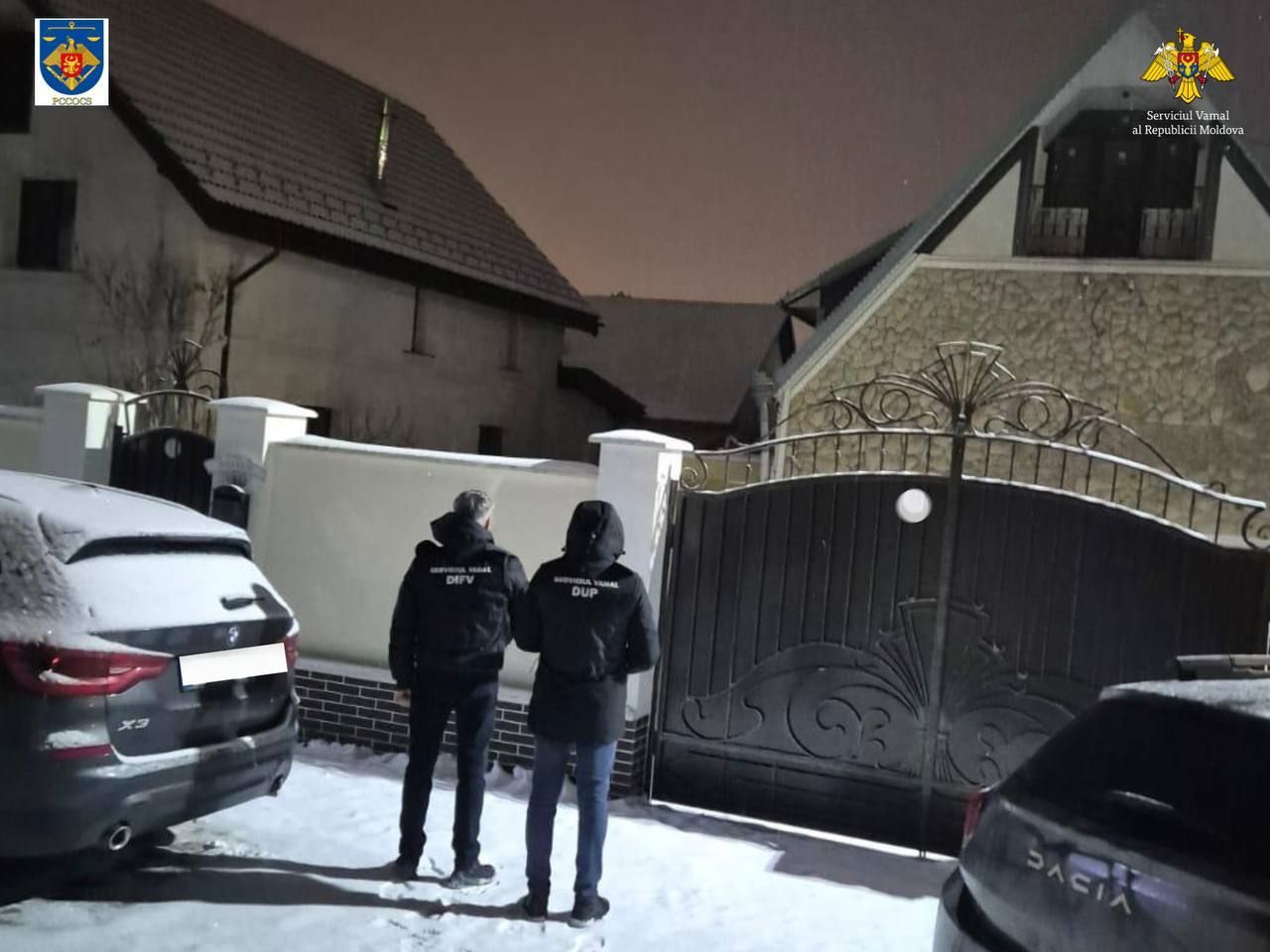OSCE Acting Chairperson in Chisinau: We will identify concrete steps to settle the Transnistrian conflict
The only way to resolve the Transnistrian conflict is only peaceful, complex and lasting in all its aspects. The declaration was made by the OSCE acting chairperson, Ian Borg, during a press conference held together with the deputy prime minister, Mihai Popșoi. In this sense, Ian Borg mentioned that the activity of the OSCE mission will focus on identifying concrete steps to strengthen trust and constructive dialogue between the parties, so that the conflict resolution process can advance at all levels.
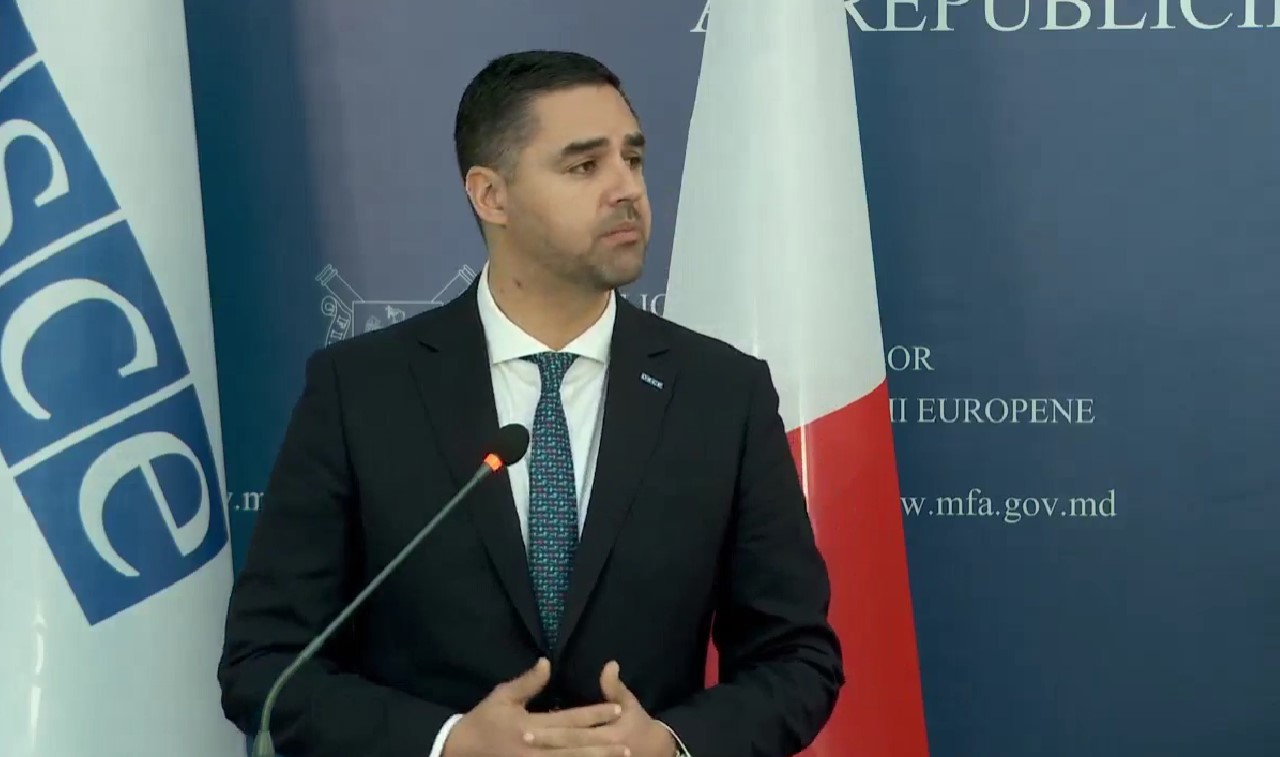
"Promoting peace and facilitating dialogue is an OSCE priority, we are committed to working towards a lasting solution in the OSCE region. My visit today is intended to reaffirm our strong commitment and support for the Transnistrian settlement process. Malta supports a peaceful, comprehensive and lasting solution to the conflict in all its aspects. Based on the sovereignty and territorial integrity of the Republic of Moldova in its internationally recognized borders with a special status for Transnistria", declared Ian Borg.
Deputy Prime Minister Mihai Popșoi said that our country has the support of the international community in terms of resolving the Transnistrian conflict. The Moldovan official thanked the OSCE mission for the efforts made in facilitating the dialogue and the constant support provided for the protection of human rights in the context of the decisions of the so-called Tiraspol authorities against Moldovan citizens.
"We had an exchange of views related to the Transnistrian settlement. We are on the same track - we all want a peaceful and lasting settlement. The Republic of Moldova remains firmly committed to the peaceful resolution of the conflict, it is0 the only option we see. The Republic of Moldova firmly reiterates the need to withdraw Russian troops and ammunition from the Transnistrian region. This is a position as clear as possible and we count on the support of partners from the international community to create the circumstances that will speed up this process", Mihai Popșoi concluded.
Over the past 30 years, the Transnistrian conflict has been instrumentalized by the Russian Federation to increase its influence in the region and to exert pressure on the authorities in Chisinau. The Transnistrian dispute has an important role on the internal and external policy agenda of the Republic of Moldova. Although the negotiation process on the side of this conflict has seen some progress over time, notable results in the direction of its settlement have not been recorded.
Over the past three decades, the authorities in Tiraspol have shown little interest in resolving the conflict and have rather shied away from finding a win-win solution. They benefit from the economic, political and military support of the Kremlin.
A complex conflict resolution mechanism was launched in 2005 and included a platform for diplomatic negotiations regarding the status of the Transnistrian region. The platform was named the "5+2" Format, including the representatives of Chisinau and Tiraspol as parties to the negotiations, Russia, Ukraine and OSCE as mediators, and the European Union and the US obtained observer status.
The negotiations in the "5+2" format failed to advance the process of resolving the conflict on the left side of the Nistru in terms of political and security issues. The last meeting in the "5+2" format took place in 2019.
Last year, President Maia Sandu declared that the "5+2" format for resolving the Transnistrian conflict is no longer functional due to the war in Ukraine. Moreover, the head of state has repeatedly requested the withdrawal of Russian troops from the Transnistrian region.
"For us, there is only one way to resolve the Transnistrian conflict, and that is the peaceful way. This format (n.r. the 5+2 format) is not functional and I do not see how it would be functional taking into account what is happening (…) It is not Russia's business what is happening in the Republic of Moldova, I do not want to go into the details of how to solve the conflict , the Russian army must take its army from there," Sandu said.
The Deputy Prime Minister for Reintegration, Oleg Serebrian, declared at the first Reintegration Forum of the Republic of Moldova, held on April 11 in Chisinau, that without peace in Ukraine it is difficult to talk about the settlement of the Transnistrian problem. According to the official, the Chisinau authorities have the obligation to coordinate their actions with international partners.
"The steps we take are coordinated with our partners and friends from outside. We have a moral political obligation at the moment, as a candidate state, that those steps that we consider legitimate in the reintegration process should still be coordinated and analyzed. The consequences of these steps also need to be calculated and thought through," Oleg Serebrian pointed out.
At the same time, according to him, the integration of the region should be correlated with the European integration. "Although these processes cannot be synchronized and each goes at its natural pace, it is important to have a dialogue with Tiraspol on the European file," said Serebrian, announcing that, shortly, a group could be created with representatives from Chisinau and Tiraspol for discussions on European integration.
For her part, the special representative of the European Union in the process of negotiations regarding the Transnistrian settlement, Dorota Dlouchy-Suliga, opined that the accession to the European Union and the reintegration of the Republic of Moldova are different processes. According to the official, European integration is not a process of conflict resolution, but it could also have this effect.
